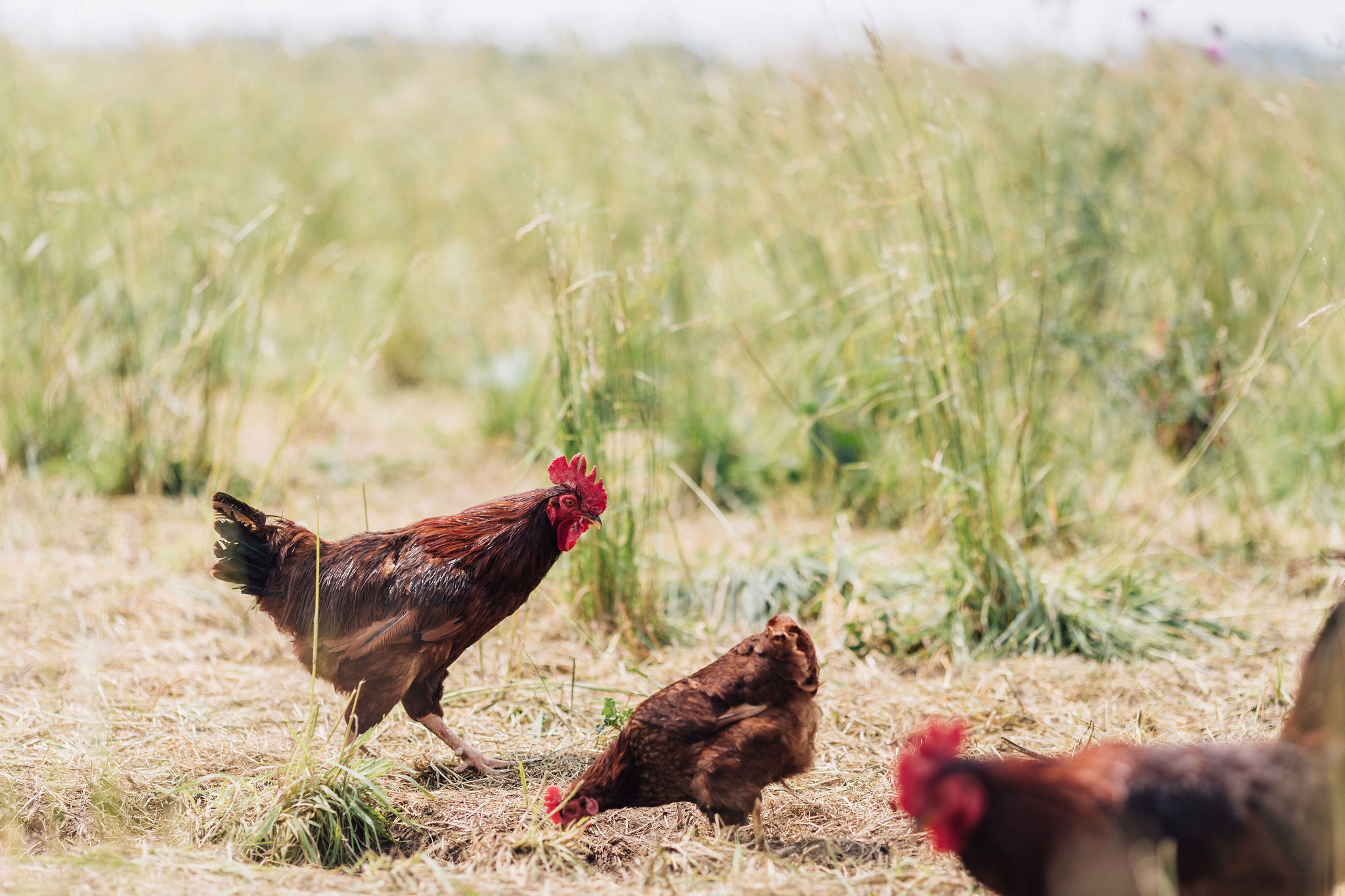Why we are sadly NOT “organic”
posted on
July 27, 2018
If you’ve perused our website or store, you may have noticed that we don’t use the word “organic” anywhere. This is intentional.
Since we are not a “certified organic” farm, we cannot legally use the word “organic” to describe our food… even though it’s probably the best word in modern American culture to use.
One of the top questions I get from current and prospective customers is, “Are you organic?” I wish I could simply say, “Yes,” but my answer is more complex.
First, I explain that we are not “certified organic” but do follow most of the requirements plus some. ALL of our food is:
- GMO free
- Synthetic pesticide and herbicide free
- Antibiotic free
- Hormone free
- Irradiation free
- Chemical free
- Sludge free
- Unidentifiable ingredient free
Then, I let folks know that the process to become certified is expensive and time consuming, especially for a small farm. We would need a full-time staff member just for the paperwork!
The farmer wants to spend time farming, not doing mindless paperwork.
Last, I reassure people that, if they have any specific questions about our farming practices, to just let me know. We are an open book. The farmer will go above and beyond to answer very specific questions.
We are, in many ways, beyond organic. Our farmer’s standards go beyond what is required.
Miller’s Bio Farm is a zero-waste facility, feeds its animals a natural diet, uses homeopathic and herbal remedies, and just does so many things beyond what a “certified organic” farm is required to do.
The farmer doesn’t want to be held back. He wants to respond quickly.
When you are certified organic, you need to have a very specific plan approved by the USDA for basically everything you do, from farming to making products to labeling. After you spend hours drafting a plan, the USDA takes months to approve it.
Our farmer would rather have the freedom to adjust to the needs of his members, animals, soil, and staff. As a really basic example, our members complained that the drinkable yogurt was too sweet. So, the next week, the farmer made it with less maple syrup.
The certification process institutionalizes farming, but farming is innately natural. They are polar opposites. Listen, if you shop at the supermarket, those labels are important! But, if you are sourcing food from a small farmer like ours, maybe the “certified organic” label could be a detriment. What’s most important always is knowing your farmer.




